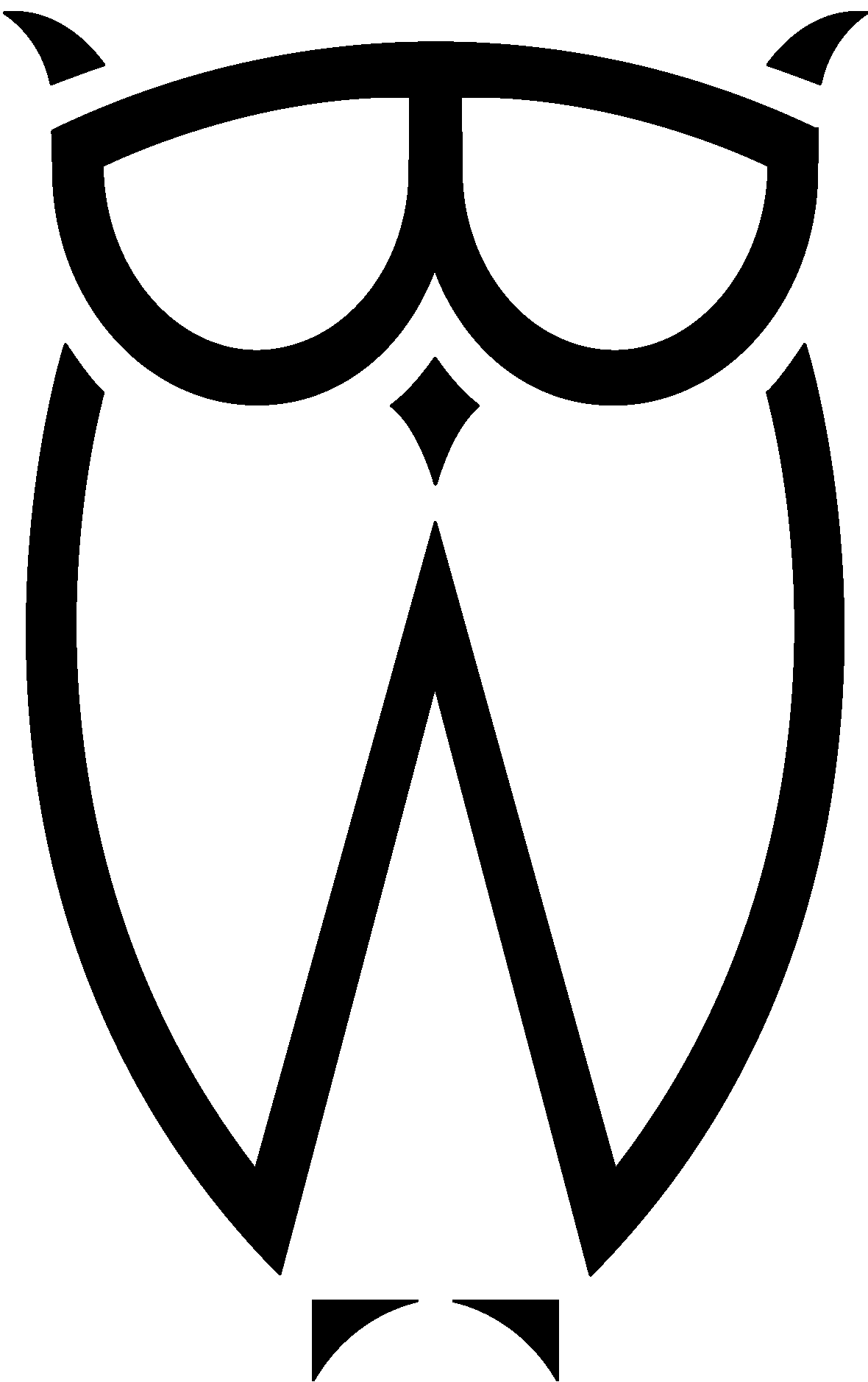The Göttingen Declaration on
Copyright for Education and Research
of 5 July 2004
Göttingen Declaration for printout:
[PDF-file]
[RTF-file]
[DOC-file]
The answer to the question 'How accessible are knowledge and information?' will determine the opportunities for education and development open to every citizen in the information society and the opportunities future generations will have to build on existing knowledge. The legal provisions set out in German copyright law will determine whether open, networked communications structures will continue to develop in our society in the long term. They will also affect the quality of our education system, the inventiveness of the sciences and the innovative capacity of trade and industry. In a global, competitive environment, they play a vital role in promoting social, cultural and economic development and hence in securing the future of our society.
With regard to the implementation of Directive 2001/29/EC in Germany, the legislature has so far mainly addressed the concerns of rightholders regarding the commercial use of digital media and networks as additional distribution channels. The prime concern here has been to minimise the risks related to private copying rather than to encourage exploiting the opportunities afforded by the new technical media to the public at large. The latter point is particularly important for the fields of education and science, because it is here that the information society contains new potential for imparting knowledge and promoting co-operation between scientists. The way these new opportunities are used is a decisive competitive factor on the global stage.
We, the undersigned, undertake to ensure that the full potential of the digital media and communications systems remain open for use by the general public and, in particular, by science, and that these media and systems are not subject to restrictions which primarily serve the commercialisation of information by the private sector.
In a digitised and networked information society,
access to global information for the purposes of education and science
must be guaranteed at all times from any place.
Education and research must be allowed unrestricted use of the new ways of disseminating and acquiring knowledge and information. However, the limitations in German copyright law (particularly sections 52a and 53) no longer set out the privileges needed by education and science in a positive, clearly understandable and practicable way. Instead, these privileges are subject to considerable restrictions which are likely to create uncertainly or even criminalise those working in education and science, instead of offering the legal certainty they require to perform work for the benefit of the general public.
Schools, universities and colleges have developed and successfully tested, in countless projects, the use of new digital, networked media for disseminating knowledge (eLearning) and for communicating and co-operating with others. A considerable amount of effort has gone into this, supported by funds from federal and state levels. In many schools, universities and colleges, the use of network-based learning environments now accounts for a significant part of regular curricular activities, and has brought about a lasting improvement in the quality of learning and teaching. The various forms of eLearning also hold enormous potential for vocational qualification programmes and further training schemes. Hence, in the information society, it is extremely important for teaching staff that their academic freedoms and access to information are not restricted unreasonably, and that both staff and students enjoy the legal protection necessary for them to exploit and develop eLearning to the full in future.
Science and research use and develop the latest knowledge in a continuous communicative process that involves scientists working in small local teams as well as their exchanging information on a worldwide basis. These flows of information and communication must not be obstructed by restrictive provisions in the copyright law. Free access to information and its continued protection, as well as free access to knowledge and our cultural heritage must be encouraged and maintained. There must be an unhindered exchange of knowledge if science is to continue making a productive contribution to society. These are core issues for science and its development.
The legally prescribed duty of public information institutions, such as libraries, multimedia libraries and archives, to supply society with information must be strengthened and supported so that they can work more efficiently. This means, above all, sustainable long-term archiving programs and the provision of access to the collections of these institutions using modern digital communications and information systems. Only in this way can the sustainable preservation of our cultural heritage be ensured and global access guaranteed.
Free access to information and knowledge does not mean that there should be no remuneration. Copyright law should establish fair and balanced terms and conditions to ensure remuneration for the use of protected works and unrestricted access for the purposes of education and science. Technological protection measures which restrict access to information in order to maximise commercial profits, which impose far-reaching restrictions that impinge upon the private sphere and make secure, long-term archiving impossible are, therefore, the wrong approach. They hinder the free development of education and science and, consequently, the economic development of our society, too. The appropriate remuneration of rightholders through a system of flat-rate payments made through collecting societies has a long tradition Germany. This system has worked well for several decades now. Similar systems of collective compensation can also be applied to Internet usage and must be preferred to all restrictions that rely on technological protection measures.
With these goals, we consider that we are in agreement with
- the German government and its resolutions on a 'Master Plan for the Information Society' (3 December 2003) and the government policy statement issued by Chancellor Gerhard Schröder on 25 March 2004,
- the declaration of principles and the action programme of the UN World Summit on the Information Society also signed by the German government (Geneva, 12 December 2003), and
- German President Horst Köhler and his warning: 'In my opinion, Germany is proceeding too slowly along the road to the science society. Germany must become a country of ideas!' (23 May 2004)
|
| Next Relevant Dates |
|
6. November 2020
Jahrestagung des Aktionsbündnisse (online)
Ein Status-Überblick zum Urheberrecht — national und in Europa
Programm und Anmeldung
|
News  |
April 6th 2021

The coaltion of action takes a position on the "draft law to adapt copyright law to the requirements of the digital single market".
Opinion of April 6, 2021 on the Draft Law.
Opinion of Februar 22, 2021 on the Draft Law.
Opinion of November 6, 2020 on the Draft Bill.
|
October 7th 2020

Published by de Gruyter:
Rainer Kuhlen, „Die Transformation der Informationsmärkte in Richtung Nutzungsfreiheit — Alternativen zur Als-ob-Regulierung im Wissenschaftsurheberrecht“.
Online unter DOI: 10.1515/9783110693447
|
February 28th 2018

UrhWissG comes into force — not a big progress, but greater legal certainty and some improvements
(Press Release)
|
November 20th 2017
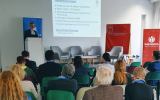
All presentations given at our anual meeting on November 8, 2017 are available online:
(Presentations).
|
June 7th 2017
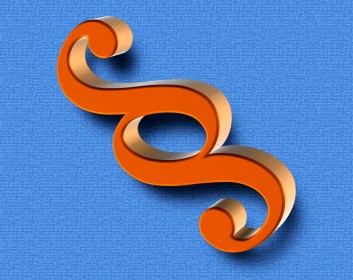
The copyright reform (UrhWissG) was passed — facilitation, but no reason to cheer
(Press Release)
|
June 26th 2017

An appeal to the German Bundestag: The UrhWissG has to be passed without restrictions within this legislative period.
The Coalition for Action calls on the two chairmen of the CDU/CSU and of the SPD, Volker Kauder and Thomas Oppermann,
to release the governmental draft for the German Copyright Act for the vote in the Bundestag, and then
we call the members of the Bundestag to eatablish the law without restrictions.
(Press Release)
|
May 22nd 2017

FAZ, you can not win this fight — distorted journalism in terms of copyright by publisher and managing director of FAZ newspaper
The action alliance criticizes the open letter of the editors and managing directors to the German Bundesrat of 12.5.2017 and of the 18.05.2017 to the deputies of the German Bundestag.
Through these letters the "makers" of the newspaper try to exert pressure on the legislature. This behavior can only be described as unusual and extremely dubious.
(Press Release)
|
May 10th 2017

Der Bundesrat sollte sich nicht von den Untergangsszenarien des Börsenvereins blenden lassen.
Wir haben in einer Stellungnahme an den Bundesrat diesen aufgefordert, den Gesetzesentwurf zum
„Urheberrechts-Wissensgesellschafts-Gesetz — UrhWissG“ anlässlich seiner Plenarsitzung am
12. Mai 2017 nicht aufzuhalten, sondern im Prinzip zu unterstützen.
(Press Release).
|
April 27th 2017

Die Zeit drängt: Bildung und Wissenschaft brauchen eine Reform des Urheberrechts!
Wir unterstützen weiter den vom Bundeskabinett beschlossenen Gesetzentwurf für eine Reform des Urheberrechts, jedoch
bedauern wir die Verschlechterungen des Regierungsentwurfs im Vergleich zum Referentenentwurf.
(Press Release)
|
February 14th 2017
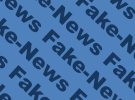
We make you aware that on the website
www.publikationsfreiheit.de is being tried, to manipulate
the public and in particular the authors in education and science with incorrect claims in favor of
publishers' interests.
(Press Release).
|
January 24th 2017
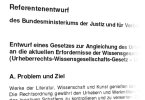
The way has not yet come to an end — but the direction is right
The Coalition for Action sees in the draft bill for a "Copyright Law Knowledge Society Act —
UrhWissG" from the ministry for justice an important step in the direction of an education and science-friendly copyright law.
(Press Release)
|
December 21st 2016
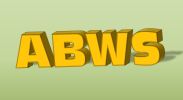
The road to the One General Exception for Education and Research (ABWS) should now be free now & mdash; Go ahead, Minister Maas!
(Press Release).
|
December 15th 2016
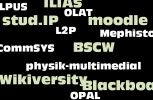
KMK, VG Wort and HRK must finally create clarity
The joint press release of KMK, VG Wort and HRK from 9 December 2016 is a source of uncertainty and confusion in the universities.
What should actually be done with the electronic semester apprentices from 1 January 2017? Further is currently
deleted or placed texts invisible. There is a need for action!
(Press Release)
|
December 12th 2016

And they seem to still be able to move - KMK and VG-Wort. And the university rector conference (HRK) is now on board.
However, the transitional regulation from the beginning of 2017 is still unclear.
Debt to the present obvious disaster around the framework
contract to § 52a UrhG is ultimately the intolerable delay tactics of the policy.
(Press Release).
|
November 23rd 2016
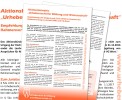
Folder with our recommendations for dealing with the framework contract between KMK and VG-Wort to § 52a UrhG has been published.
(Press Release)
|
November 16th 2016

Offener Brief an den Bundesminister der Justiz und für Verbraucherschutz Heiko Maas: „Bitte lassen Sie den Schleier von
diesem verdeckten Objekt [dem Entwurf einer Bildungs- und Wissenschaftsschranke im Urheberrecht] wegreißen!
Der Öffentlichkeit ist das Spiel mit Andeutungen nicht länger zuzumuten.“
(Letter).
|
| older news is available from our archive |
| Publications |
-
 All presentations given at our anual meeting von November 8, 2017 are online available:
All presentations given at our anual meeting von November 8, 2017 are online available:
-
 Was wissen Wissenschaftlerinnen und Wissenschaftler
über ihre Urheberrechte,
wie handeln sie, und was wünschen sie?
Was wissen Wissenschaftlerinnen und Wissenschaftler
über ihre Urheberrechte,
wie handeln sie, und was wünschen sie?
- Studie im Auftrag des Urheberrecht für Bildung und Wissenschaft e.V.
-
 Folder with our recommendations for dealing with the framework contract between KMK and VG-Wort to § 52a UrhG
Folder with our recommendations for dealing with the framework contract between KMK and VG-Wort to § 52a UrhG
- Version: 22 November 2016
- Format: A4 duplex
-
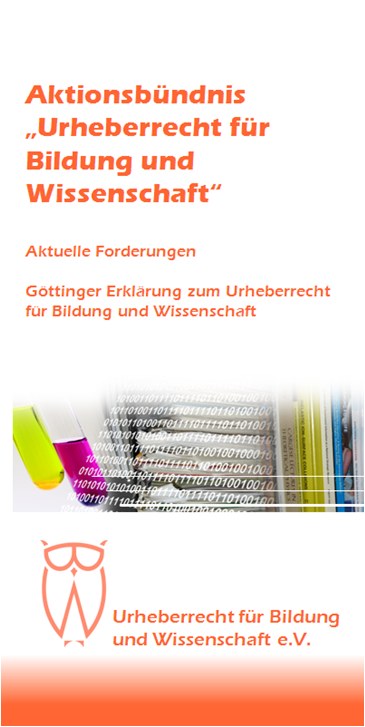 Folder on our Current Demands
Folder on our Current Demands
- Version: August 2015
-
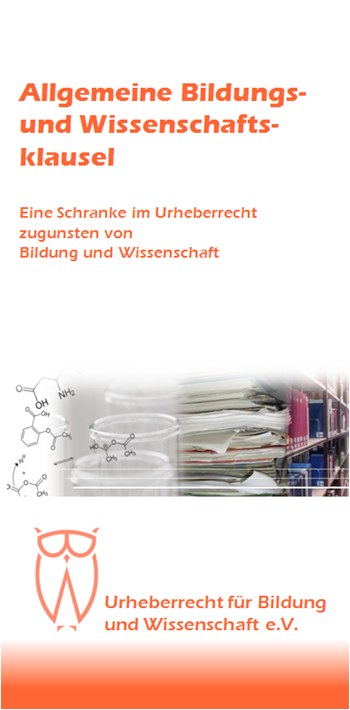 Folder on a Comprehensive Copyright Clause in Support of Education and Science
Folder on a Comprehensive Copyright Clause in Support of Education and Science
- Version: August 2015
-
 Folder on the Right for a Second Publication for Scientific Articles
Folder on the Right for a Second Publication for Scientific Articles
- Version: July 2015
-
 Information als Vitamin für Innovation: Schranken oder Lizenzen für Forschung und Lehre?
Information als Vitamin für Innovation: Schranken oder Lizenzen für Forschung und Lehre?
- Compilation for the annual meeting on October 10, 2013
-
 Breite Unterstützung für eine umfassende Verbesserung des Urheberrechts für Bildung und Wissenschaft
Breite Unterstützung für eine umfassende Verbesserung des Urheberrechts für Bildung und Wissenschaft
- Evaluation of a survey and policy implications, September / October 2011
|
| Relevant Links |
 facebook page of the Coalition
facebook page of the Coalition
IUWIS
project is developing a social networking for the topic of copyright in
education and research.
|
|
|
